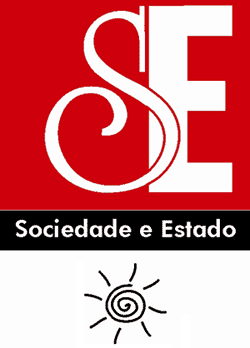Based on an analysis of manners books in four Western countries since 1890, this paper describes how "civilizing processes" have continued in the nineteenth and twentieth centuries. The paper first focuses on three central functions of a "good society" and its code of manners, and then describes how, in a long-term phase of formalizing manners and disciplining people, "dangerous" emotions such as those related to physical (including sexual) violence came to be controlled in increasingly automatic ways. Thus, a second-nature or conscience-dominated type of personality became dominant. The twentieth century saw rising social constraints towards being unconstrained, and yet reflective, flexible, and alert. These pressures coincided with an informalization of manners and an emancipation of emotions: emotions that had been denied and repressed regained access to consciousness and wider acceptance in social codes. Yet it has been only since the "Expressive Revolution" of the 1960s that standards of self-control have increasingly enabled people to admit, to themselves and others, to having "dangerous" emotions without provoking shame, particularly the shame-fear of losing control and face. To the extent that it has become "natural" to perceive the pulls and pushes of both "first nature" and "second nature", as well as the dangers and chances, short-term and long-term, of any particular situation or relation, a "third nature" type of personality has been developing. Examples illustrating this trend also help us to understand it as a process of psychic integration triggered by continued social integration.
Civilizing Processes; Informalization of Behaviors; Third Nature
